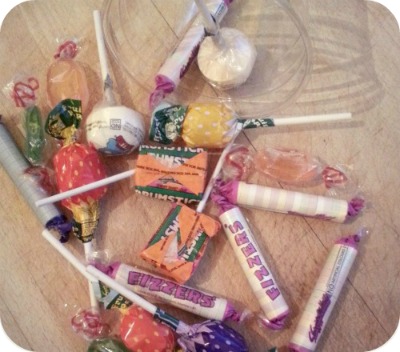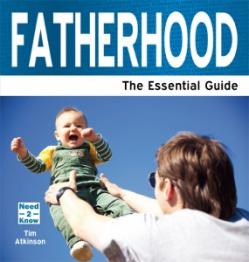This week has seen parents' evening in my school, which has meant me working until 8pm two nights. I'm not going to lie, it's exhausting, especially when one of those days fell on a work day and I'd been in school since 8am. However it's part of the job so I deal with it. As a parent now I realise how important these sessions are, and am far more compassionate than I was pre-child.
However, as The Boy is also in my school now, it meant that we weren't able to have our own parents' evening on the same day, and therefore saw his teacher on Tuesday after school. Yes, he had a good report and yes I am proud of him, but yesterday when I sat down to talk with him about his targets, I had an epiphany.







